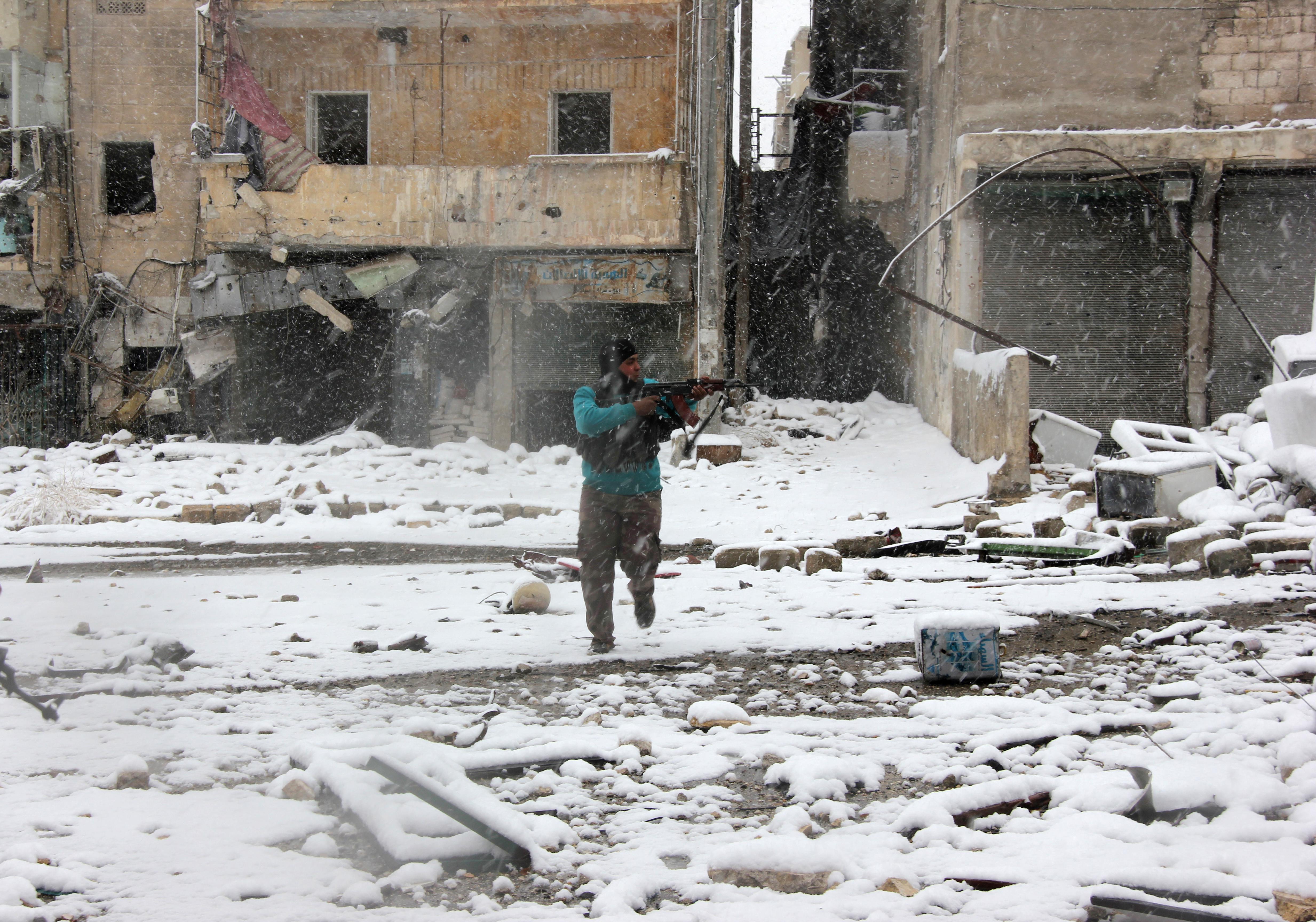The U.S. and British governments say they are suspending nonlethal aid to rebels fighting in Northern Syria due to reports that “[f]ighters from a newly formed Islamist group have taken over warehouses” belonging to the Western-backed Free Syrian Army, reports the BBC:
Fighters from the Islamic Front, a new alliance of rebel groups, ousted FSA-aligned fighters from the Bab al-Hawa border crossing with Turkey last week.
The non-lethal aid includes medicine, vehicles and communications equipment.
The US and European countries have been reluctant to supply weapons and ammunition directly to rebel groups in Syria because of concerns that they might end up in the possession of jihadists affiliated to al-Qaeda.
The Wall Street Journal is also reporting that FSA commander Salim Idriss has fled the country, in yet another sign of the group’s waning power.
Unfortunately, suspending aid may also play into the hands of these groups. As Liz Sly of the Washington Post notes:
A growing number of rebel factions, disillusioned by the low level of Western support, have been aligning themselves with Islamist groups that receive more generous funding from Persian Gulf Arab states.
So either way, the ability of Western governments to influence events on the ground is evaporating quickly ahead of peace talks scheduled for January. U.S. officials say they have recently held meetings with the Islamic Front in an effort to get at least some Islamist support for the talks.
One U.S. official argues to the Journal that “I wouldn’t say this is the end of the SMC and the end of Gen. Idris,” but ahead of talks it seems like it’s getting harder to argue that the U.S. and Europe’s favored rebel group is still the one leading the rebellion.
